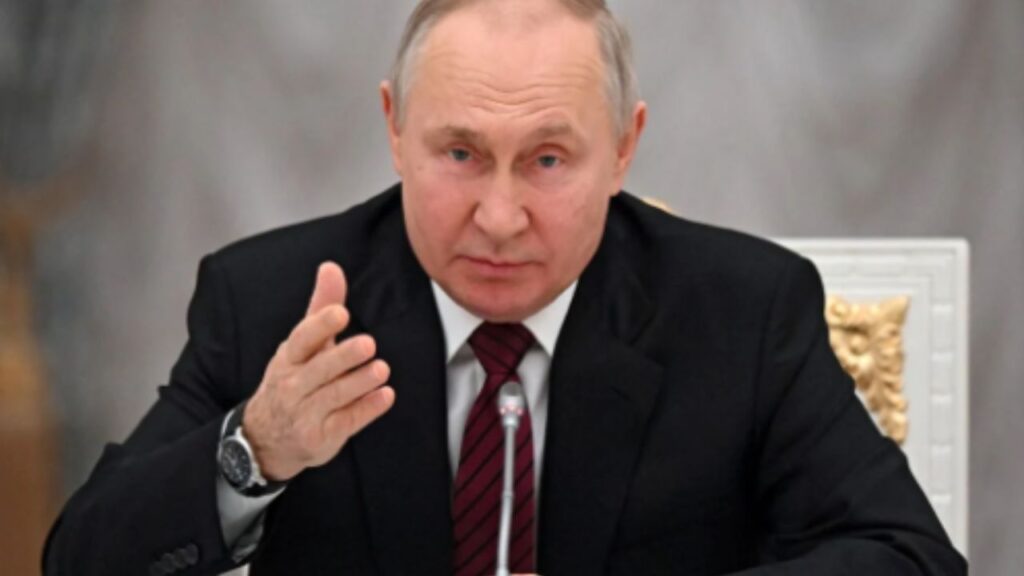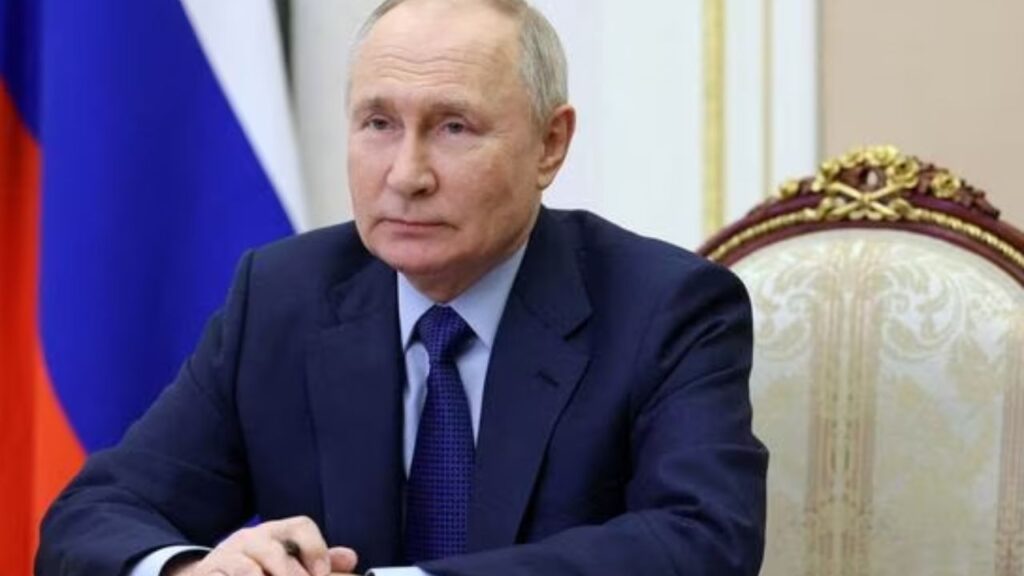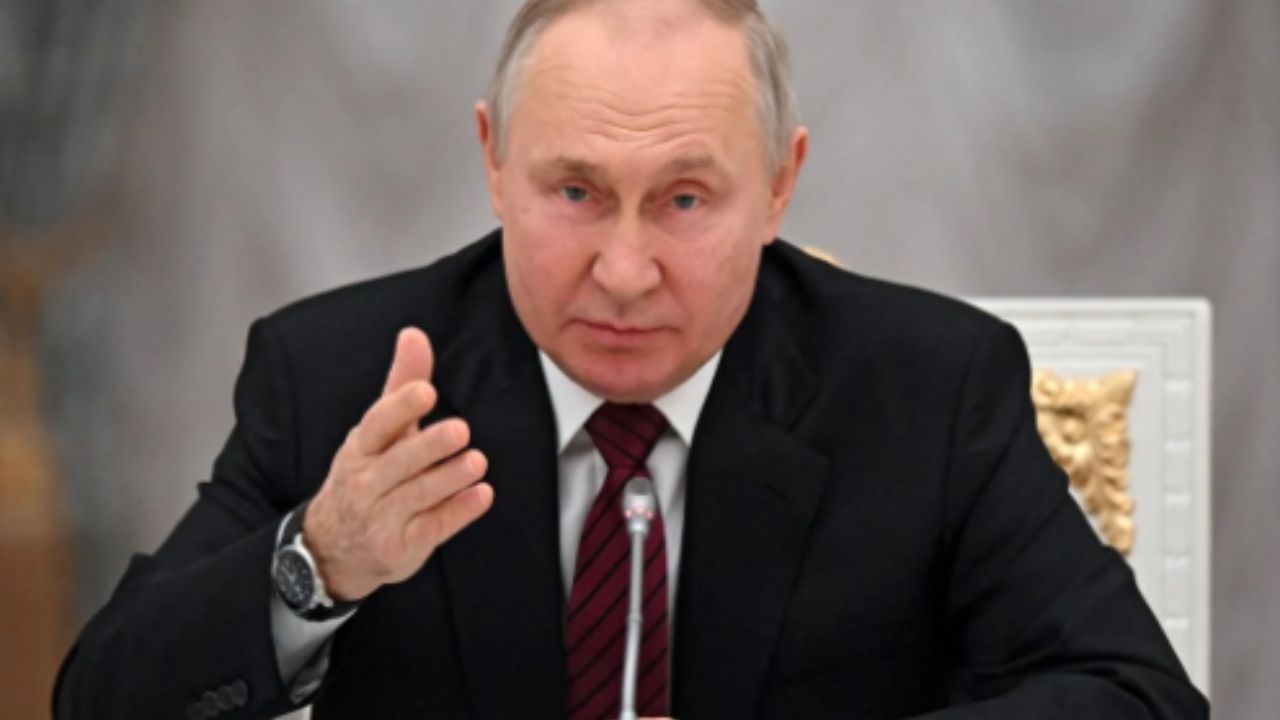Vladimir Putin, the president of Russia, stated on Wednesday that the country has made great strides in its scientific undertakings and hinted that cancer vaccinations would soon be available to patients.

Speaking on television, Putin seemed upbeat, saying, “We have reached a significant milestone in the development of cancer vaccines and next-generation immunomodulatory drugs.” Speaking at a Moscow symposium on emerging technologies, he expressed further hope that these developments will quickly translate into efficient techniques of customized therapy.
Putin did not disclose the precise cancer kinds being targeted or the means of action, but it is important to remember that several nations and organizations are actively conducting related research. For example, this year the UK government signed a contract with Germany-based BioNTech to start clinical trials for tailored cancer therapies, with plans to enroll 10,000 patients by 2030.
Additionally, the development of experimental cancer vaccines is moving forward thanks to the efforts of pharmaceutical behemoths like Moderna and Merck & Co. Positive findings from a mid-stage trial highlighted the potential of Moderna and Merck & Co.’s vaccine, showing a 50% decrease in the risk of death or recurrence from melanoma, the deadliest type of skin cancer, following three years of therapy.

Notably, the World Health Organization reports the availability of six licensed vaccinations against hepatitis B (HBV), which can cause liver cancer, and against human papillomaviruses (HPV), which are known to cause a variety of malignancies, including cervical cancer.
During the global COVID-19 pandemic, Russia made a significant contribution to the field by developing and dispersing the Sputnik V vaccine. Domestically, though, there was a great deal of popular reluctance to the vaccine. To allay apprehensions about its effectiveness and safety, Putin admitted to have taken the Sputnik V vaccination.
Putin’s declaration represents a major advancement in medical science and raises the prospect of improved cancer treatment alternatives for people all across the world.



